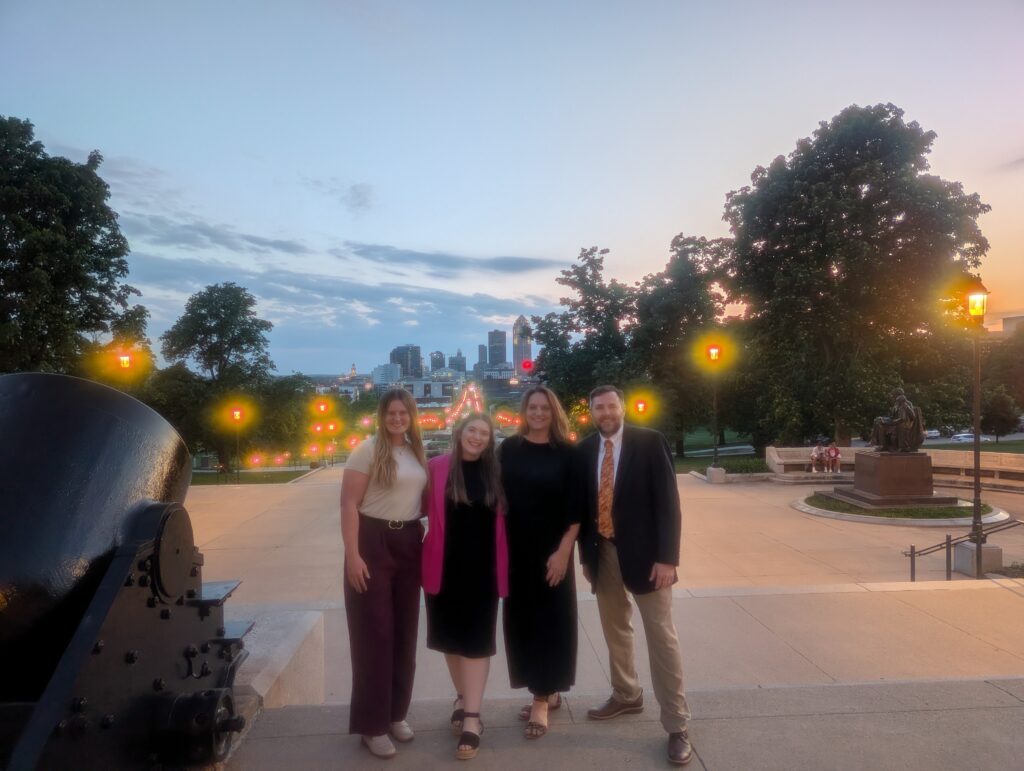Sen. Sandy Salmon (R-Bremer) introduced a concurrent resolution yesterday (May 7) that conveys the Iowa Legislature’s deep displeasure with the courts over gay marriage. Senate Concurrent Resolution 12 states that the 2015 Obergefell v. Hodges decision that legalized same sex marriage throughout the country was antithetical to the US Constitution. The resolution states that “Obergefell requires states to issue marriage licenses to same-sex couples and to recognize same-sex marriages in complete contravention of their own state constitutions, state statutes, including Iowa Code section 595.3, and the will of state voters, thus undermining the civil liberties of those states’ residents and voters.”
The resolution states that Iowa rejects the Obergefell decision and calls on the US Supreme Court to reverse this decision. Resolutions are not law; they simply are a way for the Iowa Legislature to send a message, whether it is to a foreign country, a company or organization, or other elected officials. Therefore, even if this resolution were to pass, it would only be sending a message, not actually ending same-sex marriage in Iowa. I’m not saying that’s okay – for sure it is not! Resolutions like this damage Iowa’s reputation and make us a less enticing place for young people to locate and live. It also pushes progressive businesses away from our borders.
Look no further than a recent Des Moines Register article that found “Iowa went from being one of the first states to legalize gay marriage to now being the only state in the United States with a declining number of same-sex couples.” Hmm…I wonder if that is because of the recent wave of legislation that attacks and marginalizes the LGBTQ+ community. The resolution is wrong for many reasons, but it also literally got its facts wrong. The will of the people supports gay marriage – a poll last year found 75% of Iowans support same-sex marriage.
For now, don’t worry or panic. The bill is dead on arrival. It was sent to the Senate Judiciary Committee, which has completed its work for the year. However, it will become a live round again when the Iowa Legislature returns in January 2026.


